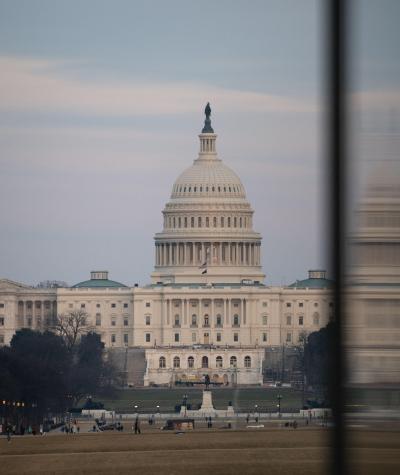With numerous recent ethics scandals in the House, Senate and Supreme Court making headlines, rules and oversight to hold elected officials and civil servants accountable for ethical violations are as important as ever.
Yet in Congress, there is a deepening ethics enforcement gap between the House and the Senate that coincides with a particularly concerning moment for America’s democratic institutions.
A new Campaign Legal Center report compares the House and Senate ethics offices and how complaints are addressed and investigated. Differing enforcement structures between the two chambers have resulted in an accountability gap: senators more easily elude accountability for similar ethics allegations that are more thoroughly investigated in the House.
The Office of Congressional Ethics (OCE), a nonpartisan and independent office, is responsible for investigating alleged ethical violations by members of the House of Representatives. The OCE publicly releases its investigations, providing voters with transparency and the unbiased information they need to evaluate whether the allegations have merit.
In contrast, the Senate Ethics Committee relies exclusively on a self-policing system that consistently fails to publicly investigate ethics violations. By placing trust in senators to investigate their colleagues, the Senate system results in near-total impunity for senators who are accused of breaking ethics laws and rules.
As a result, even the most egregious instances of wrongdoing by senators remain uninvestigated, and a double standard persists for members of Congress. This lack of accountability for members of the upper chamber is damaging to public trust — preventing voters from knowing whether their elected officials are behaving ethically.
Along with the release of this report, CLC is renewing its call to establish an independent ethics office in the Senate — one that will thoroughly and transparently investigate accusations of ethical misconduct. It is good for the public interest, and it is just good governance.
This blog is authored by CLC Legal Intern Barbara Bernal Monrroy.
